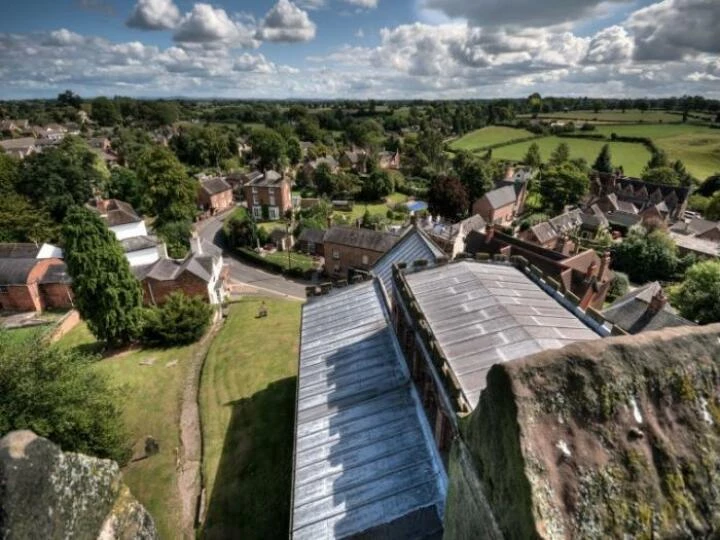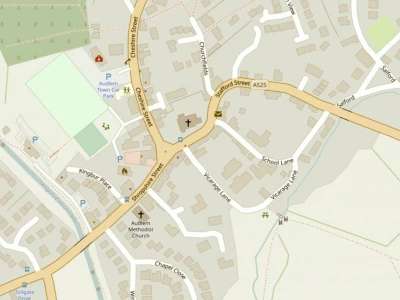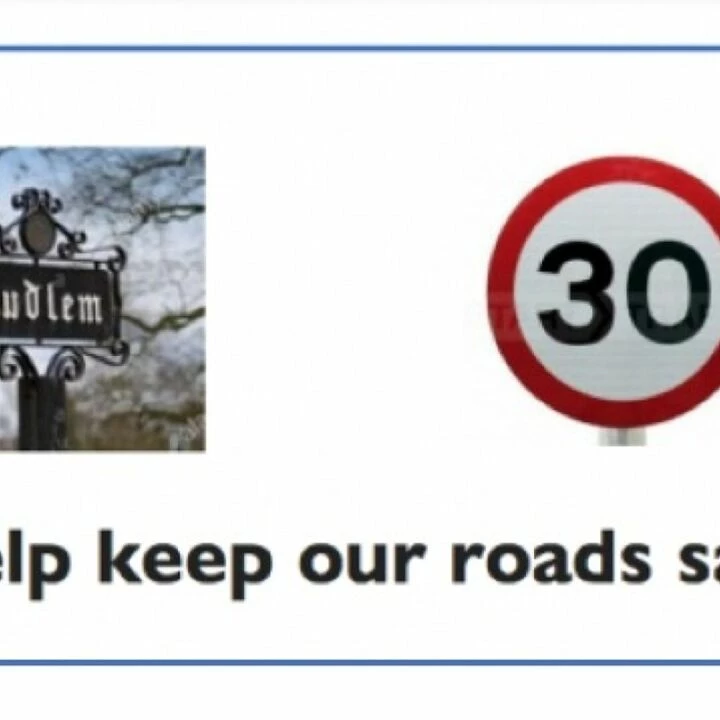



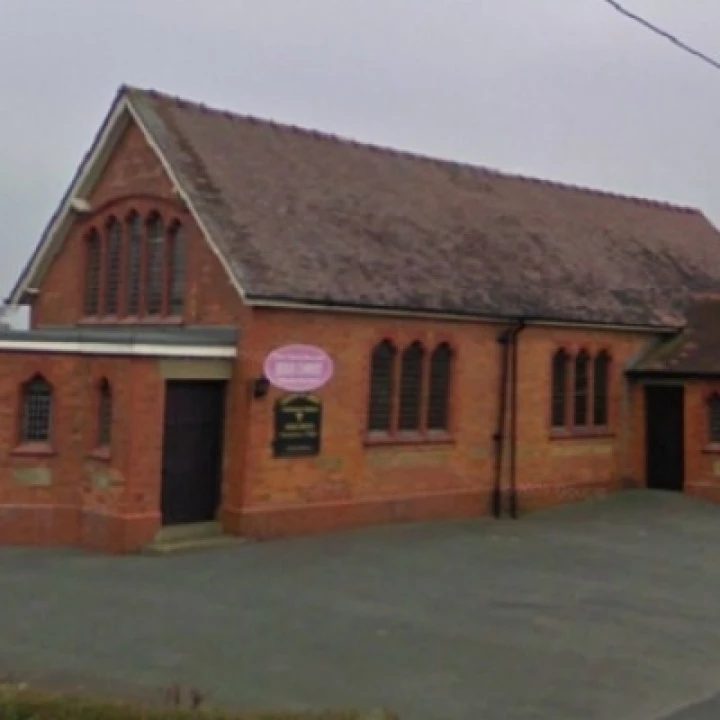
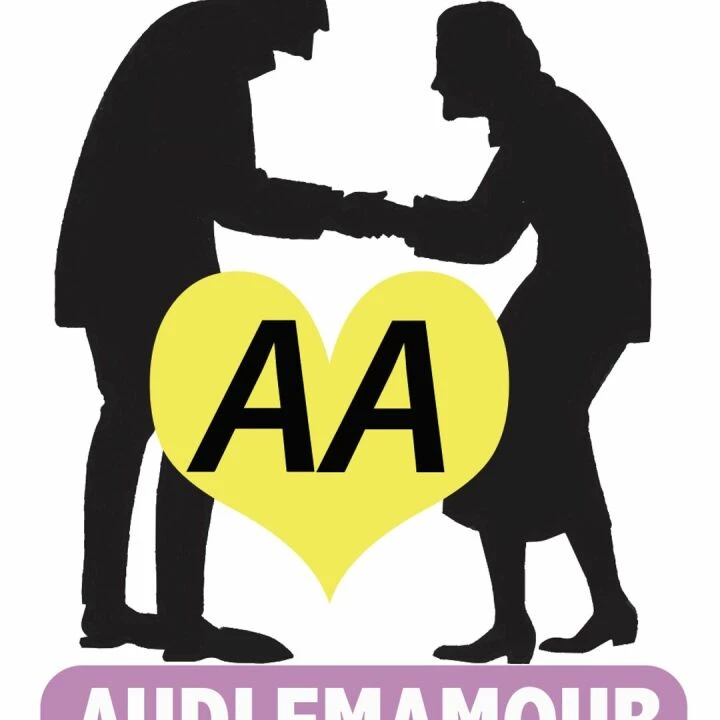


US Prohibition starts on January 1i7th 1920
Prohibition in the United States was a nationwide constitutional ban on the production, importation, transportation, and sale of alcoholic beverages from 1920 to 1933.
During the nineteenth century, alcoholism, family violence, and saloon-based political corruption prompted prohibitionists, led by pietistic Protestants, to end the alcoholic beverage trade to cure the ill society and weaken the political opposition. One result was that many communities in the late-nineteenth and early-twentieth centuries introduced alcohol prohibition, with the subsequent enforcement in law becoming a hotly debated issue. Prohibition supporters, called "drys", presented it as a victory for public morals and health.
Promoted by the "dry" crusaders, the movement was led by pietistic Protestants and social Progressives in the Prohibition, Democratic, and Republican parties. It gained a national grass roots base through the Woman's Christian Temperance Union. After 1900, it was coordinated by the Anti-Saloon League. Opposition from the beer industry mobilized "wet" supporters from the Catholic and German Lutheran communities, but the brewing industry was shut down in state after state by the legislatures and finally nationwide under the Eighteenth Amendment to the United States Constitution in 1920. Enabling legislation, known as the Volstead Act, set down the rules for enforcing the federal ban and defined the types of alcoholic beverages that were prohibited. For example, religious use of wine was allowed. Private ownership and consumption of alcohol were not made illegal under federal law, but local laws were stricter in many areas, with some states banning possession outright.
Criminal gangs were able to gain control of the beer and liquor supply for many cities. By the late-1920s a new opposition mobilized nationwide. Wets attacked prohibition as causing crime, lowering local revenues, and imposing "rural" Protestant religious values on "urban" United States Prohibition ended with the ratification of the Twenty-first Amendment, which repealed the Eighteenth Amendment on December 5, 1933. Some states continued statewide prohibition, marking one of the last stages of the Progressive Era.
Research shows that prohibition reduced overall alcohol consumption by half during the 1920s, and consumption remained below pre-Prohibition levels until the 1940s, suggesting that Prohibition did socialize a significant proportion of the population in temperate habits, at least temporarily Criticism remains that Prohibition led to unintended consequences such as a century of Prohibition-influenced legislation and the growth of urban crime organizations, though some scholars have argued that violent crime did not increase dramatically while others have argued that crime during the Prohibition era was properly attributed to increased urbanization, rather than the criminalization of alcohol use. As an experiment it lost supporters every year, and it's fate was sealed when governments needed the lost tax revenue as the Great Depression began in 1929.
This article is from our news archive. As a result pictures or videos originally associated with it may have been removed and some of the content may no longer be accurate or relevant.
Get In Touch
AudlemOnline is powered by our active community.
Please send us your news and views using the button below:
Email: editor@audlem.org

